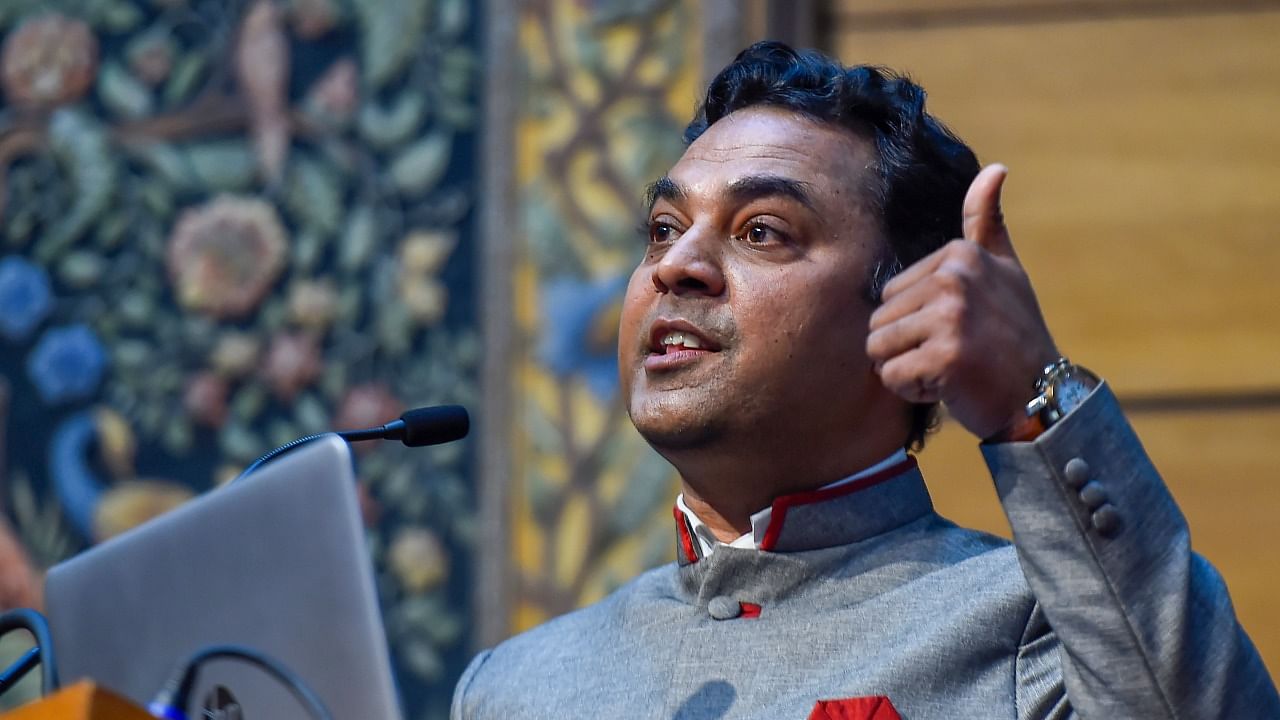
The reform measures announced in the Budget 2021-22 will play a big role in India becoming a $5 trillion economy and beyond, Chief Economic Adviser K V Subramanian said on Friday.
He also said the country's economy is expected to grow at 15.5 per cent in nominal terms in 2021-22 and contract 1-2 per cent depending on what the inflation actually might be for the year ending March 2021.
"The Budget 2021-22 has laid the foundation for the $5 trillion economy... it (reform measures announced in the Budget) will play a big role in India achieving $5 trillion economy target and beyond," he said at a virtual event.
In 2019, Prime Minister Narendra Modi envisioned making India a $5 trillion economy and a global economic powerhouse by 2024-25.
Noting that India's potential rate of growth is 6.5-7.5 per cent, Subramanian said the country must continue to focus on growth.
The CEA said the IMF has projected the country's economic growth even higher than the Economic Survey's growth projection at 11.5 per cent and this is all on real terms.
"So, if we include about 4 per cent inflation, then 15.5 per cent GDP growth can be expected in the nominal term for the coming year (2021-22).
"This year, I think it (GDP growth) might be around (-) 1 to 2 per cent depending on what the inflation actually might be for the year ending March of this year," he said.
Subramanian pointed out that every country in the world is facing lower economic growth because of the Covid-19 pandemic.
"But from India's perspective, in the coming year, whatever growth momentum we have lost, we would recoup that momentum," he asserted.
Replying to a question, the CEA said one public sector insurance company is going to be divested and this company will compete with private sector insurance companies.
He also expressed confidence that the government will achieve next financial's fiscal deficit target of 6.8 per cent. According to Subramanian, India has faced three crises after 1991 -- the Asian crisis(1997), the global financial crisis (2007-08) and the Covid-19 pandemic (2020).
During the global financial crisis, the then Manmohan Singh government increased revenue expenditure and decreased capital expenditure which gave a push to the demand side only and not the supply side, which resulted in high inflation, he said.